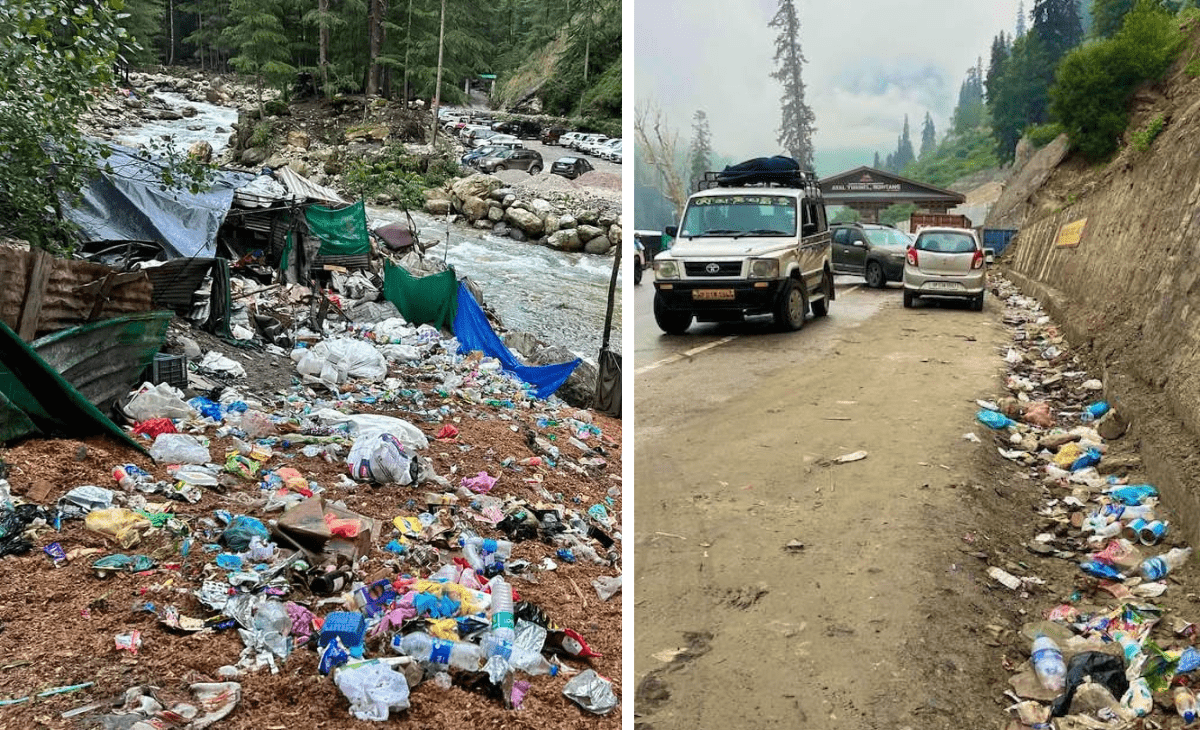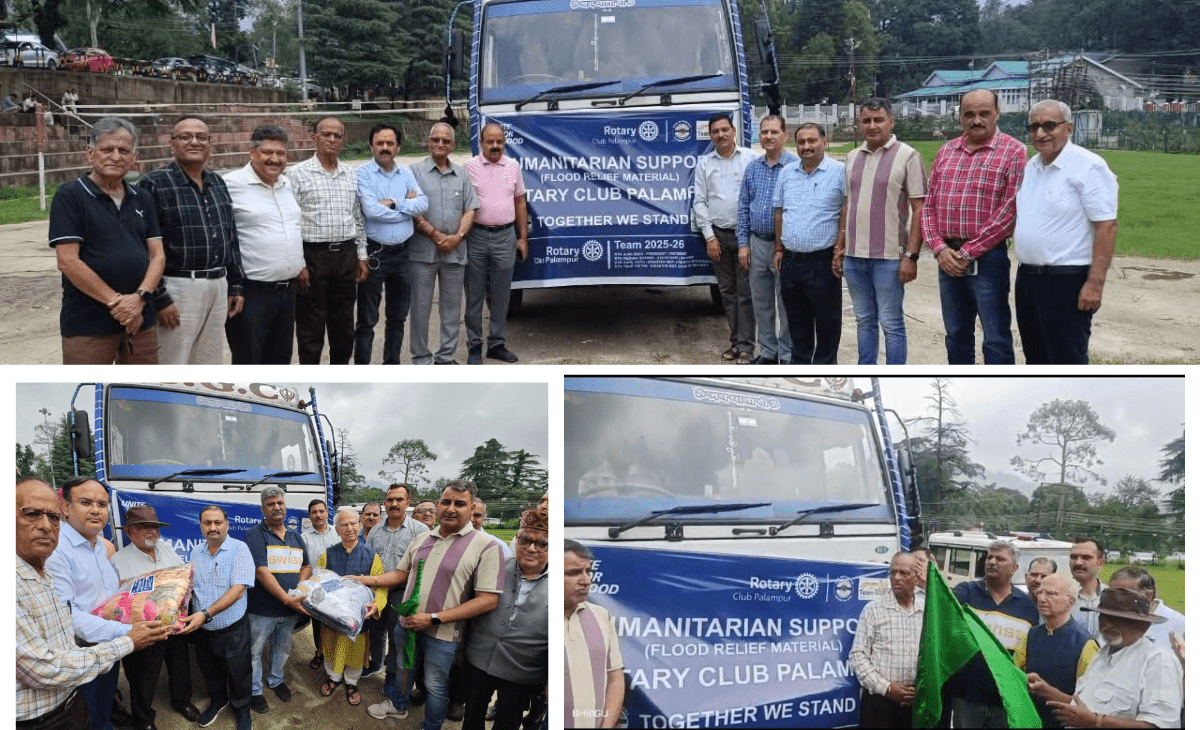Sunil Chadha
Shimla: The Himachal Pradesh High Court has issued a stern notice to the state government, municipal corporations, hotels, homestays, and local urban bodies regarding the growing mismanagement of waste in tourist hotspots. The court has also directed collaboration with the Mountaineering and Skiing Institutes of Himachal Pradesh Association (MSHIPA) for specialized training in waste handling and segregation .
Acting on public interest petitions, the Division Bench observed that with the monsoon and peak tourist season commencing, the surge in plastic, food, and hotel-generated waste is overwhelming civic disposal capacity—threatening both public health and the ecological integrity of fragile Himalayan environments.
The court noted, “Tourist zones are deteriorating due to haphazard garbage disposal. Cleanup is ad-hoc, and accountability is absent.” Citing lack of structured protocols, the bench asked all involved entities to submit a joint action plan within four weeks, detailing waste segregation, recycling, and disposal frameworks, monitored by MSHIPA training modules .
The notice places responsibility collectively on state environment ministry, urban local bodies (ULBs), hotels, and homestays. It also noted poor on-ground performance from municipal cleaning crews, calling for citizen participation through verified monitoring DNA tags.
Environmental advocates lauded the move. “The court rightly targeted Hawai gali and Mall road zones first where litter piles persist despite government presence,” said Himachal NGO leader Meera Chauhan. “Training tourism stakeholders in eco-friendly waste practices was long overdue.”
The notice mandates quarterly reports on waste reduction metrics. Failure to comply could trigger contempt proceedings, along with fines, closure of non-compliant homestays, or revocation of trade licenses.
As court proceedings begin, civic authorities have pledged pilot cleanups near Mall Road, Ridge Ground, and Jakhu Temple. MSHIPA has offered to counsel labor forces and hotel staff on sustainable waste systems.
The High Court’s directive signals a renewed push for systemic sanitation reforms—aiming to ensure that tourists find Himachal’s hills and heritage truly pristine, not piles of plastic.






